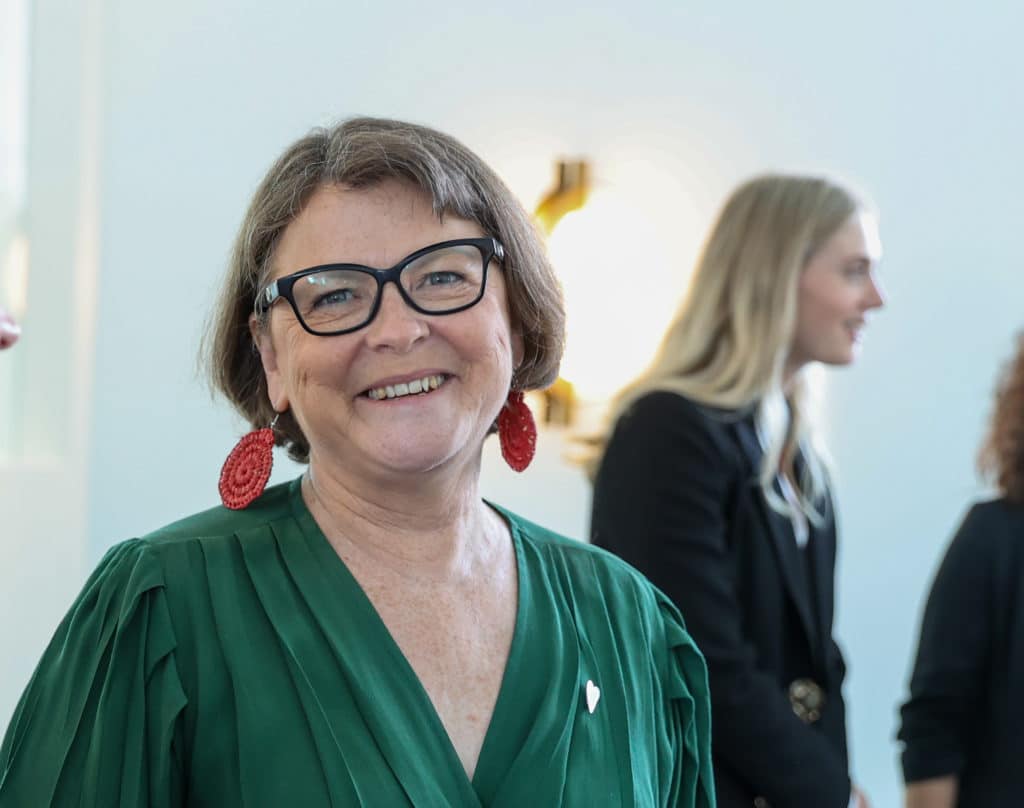Former nurse and now Labor MP, Ged Kearney asked women to share their experiences of medical misogyny. What she got was a tidal wave of responses.
This International Women’s Day, I’m thinking of my cousin Resa.
At 60 years old, Resa presented to an emergency department with numbness and painful tingling from her waist down.
She was understandably distressed and anxious. But she was sent home with Panadol.
She died that night alone in her flat from a ruptured abdominal aortic aneurysm.
I can’t help but think, if Resa were a man would she have been turned away?
Too many women know how this story goes.
Having pelvic pain so debilitating it’s impossible to go to work or school, being told paracetamol will do the trick, or being sent away with no guidance for the unbearable night sweats, mood swings and irregular bleeding of perimenopause.
Why are women with serious heart attacks half as likely as men to get proper treatment, and twice as likely to die?
Why does an ADHD diagnosis come years later for a girl child than a boy?
Why does it take 7 to 10 years to get diagnosed with endometriosis?
Women were routinely excluded from drug trials until the 1990s. Bias, denial of differences in the sexes, and concerns over having to account for unique hormonal and reproductive phases, led to prescribing of drugs that were never tested on female bodies.
Women are given artificial hips designed for men’s pelvises and scaled-down, that are unsurprisingly then rejected by their bodies.
Finding solidarity across social media, women are showing up in droves to tell their stories of #MedicalMisogyny.
I was a nurse for 20 years, I worked in a public hospital and I saw the health system up close.
And the reality is that serious inequities persist.
A combination of social prejudice, ingrained bias in medical practice and exclusion from research trials and other studies culminate in a medical catastrophe for women.
Now, I’m not saying there is some dark conspiracy where people in lab coats and scrubs are gathered in basements plotting to make sure women suffer disproportionately. Of course they aren’t.
But there is an inherent structural problem that requires structural solutions.
That’s why we established the National Women’s Health Advisory Council, to provide expert advice that will create tangible change for women in their everyday lives.
We need real world reforms to improve the health and wellbeing of women and girls – including for First Nations women, lesbian, bisexual, transgender, intersex and queer people, the culturally and linguistically diverse community, women with a lived experience of disability or violence and regional and remote communities.
It’s critical that we talk about this because the impacts are extensive.
Research tells us that when the health system fails women, it affects their participation in the workforce, compromises economic opportunity, reduces productivity and impacts the cost and adequacy of social services and aged care.
Far more than minor inconveniences.
If we’re talking about ‘cracking the code’ – this year’s International Women’s Day theme – we can’t look past women’s health.
I worked in the health system for a long time, and funnily enough I’ve been a woman for a lot longer. Now as the Assistant Minister charged with women’s health, I’m honoured that women are sharing with me their deeply personal and often painful stories.
Every woman I talk to has a story. We owe it to them to lift our game.


